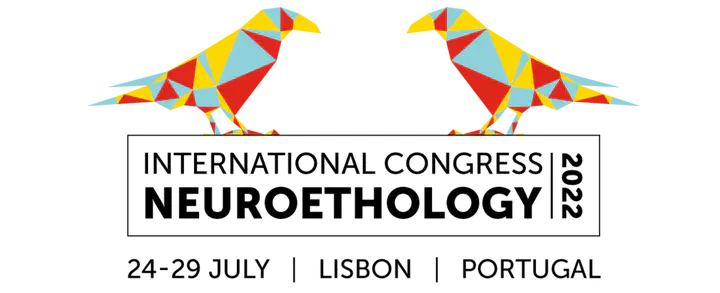How could the mushroom body and central complex combine for visual homing in insects?

Abstract
Desert ants are excellent navigators, who use visual and other information to robustly forage and return to their nest. It is assumed that two parallel systems always run in the background while ants try to navigate: path integration (hypothesised to be the primary function of the central complex neuropil of the brain) and context-dependent visual place recognition (hypothesised to be part of the mushroom bodies function), both of which contribute in navigating to distant food sources or back to the nest location. It has been recently shown that the two systems eventually converge in the fan-shaped body of the central complex, suggesting that this is probably the primary centre for localisation and navigation in insects.
Here, we use computer simulations of the natural environment and of desert ant sensors, along with anatomically constrained computational models of the mushroom body and central complex, to study how the visual information maps to behavioural output in the context of navigation. By using a theoretical approach, we show that decreasing the correlation amongst the connection patterns between visual projection neurons and Kenyon cells (input neurons) in the mushroom body, its performance for visual place recognition increases by at least 188%. Output to dopaminergic neurons’ feedback connections enable self-reinforcement in the circuit, allowing increasing certainty for familiar views that come consecutively but not necessarily in the order experienced before. Finally, we hypothesise a model that samples the gradient of visual place recognition signals using the mushroom body and integrates them with path integration in the fan-shaped body of the central complex, producing steering commands for navigation.